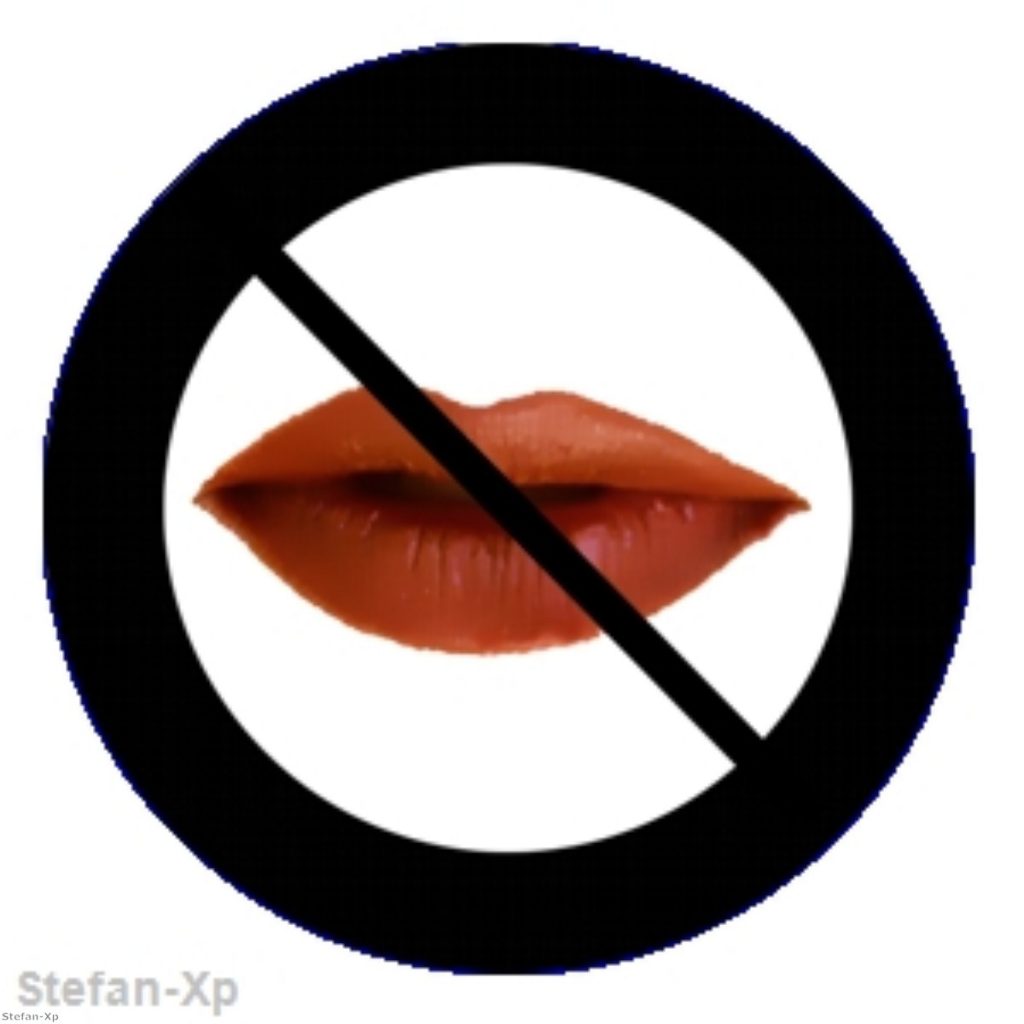British site joins anti-censorship internet black out
By Ian Dunt Follow @IanDunt
A British organisation is joining Wikipedia, Reddit and other US websites in blacking out its service in protest against an anti-piracy law passing through the US Congress.
Big Brother Watch, a UK civil liberties pressure group, said several of its online services were run via the US, meaning its website fell under US law.
"The proposals represent a blunt attack on freedom of speech, based upon a deeply flawed understanding of how the internet works," director Nick Pickles said.
"This is not just an issue for the US. This kind of regulation of the internet, involving state-sanctioned censorship and surveillance of all our online activity, is already being called for in the UK.
"This is the first salvo in the battle to protect freedom of speech and privacy online on both sides of the Atlantic."
The move comes as major US-based websites launched unprecedented black-outs in protest at Sopa, the Stop Online Piracy Act, and Pipa, the Protect Intellectual Property Act.
Wikipedia has gone down for 24-hours. On its front page a message read: "Imagine a world without free knowledge.
"For over a decade, we have spent millions of hours building the largest encyclopedia in human history. Right now, the US Congress is considering legislation that could fatally damage the free and open Internet. For 24 hours, to raise awareness, we are blacking out Wikipedia."
Google remained functioning, but the site covered its famous logo with a black rectangle next to the message: "Tell Congress: Please don't censor the web!"
The WordPress website, which hosts thousands of blogs, showed several black windows on its website, with black lines covering their content and the word 'censored' sprawled across each one.
The action is the pinnacle of an increasingly bad-tempered war between Hollywood studios and record companies on the one hand and Silicon Valley on the other.
The Sopa legislation would allow copyright holders to demand law enforcement agencies close down websites hosting their material illegally.
It would put a duty on search engines and other content providers to block rogue sites and potentially make them liable for users' actions – for instance if a file sharing website user uploads copyrighted material.
The Boing Boing website explained: "Making one link would require checking millions (even tens of millions) of pages, just to be sure that we weren't in some way impinging on the ability of five Hollywood studios, four multinational record labels, and six global publishers to maximize their profits."
Google public policy director Bob Boorstin told a conference last month: "YouTube would just go dark immediately. It couldn't function."
There were early signs the online protest might be having some effect yesterday, after CNN quoted a Senate Democratic aide saying it was proving daunting to senators who until recently had found rare cross-party consensus on the bill.
"Before it looked like it would pass with 80 votes, and now [the online protest] looks like something that will suck the votes away," the aide told the news outlet.
"We're at a tipping point. It will either become a huge issue or die down a bit and that will determine the future of this."
EU and British lawmakers are watching events in Washington carefully, with a view to passing similar legislation if it proves successful.





-01.png)